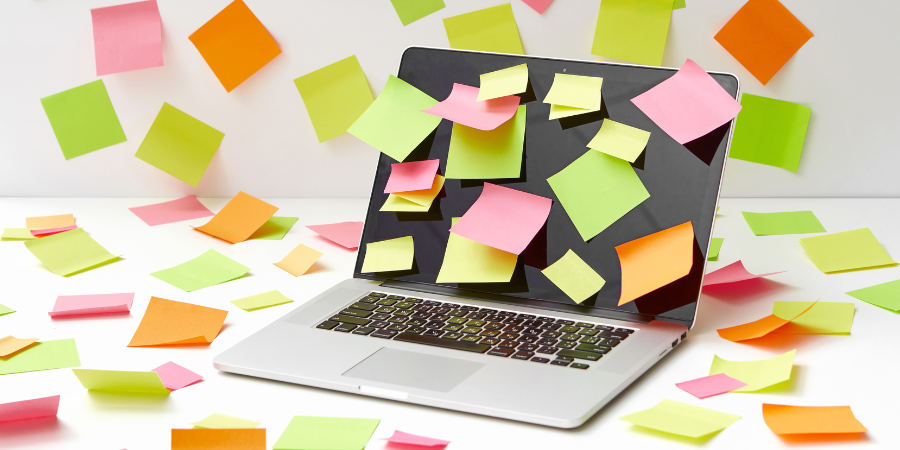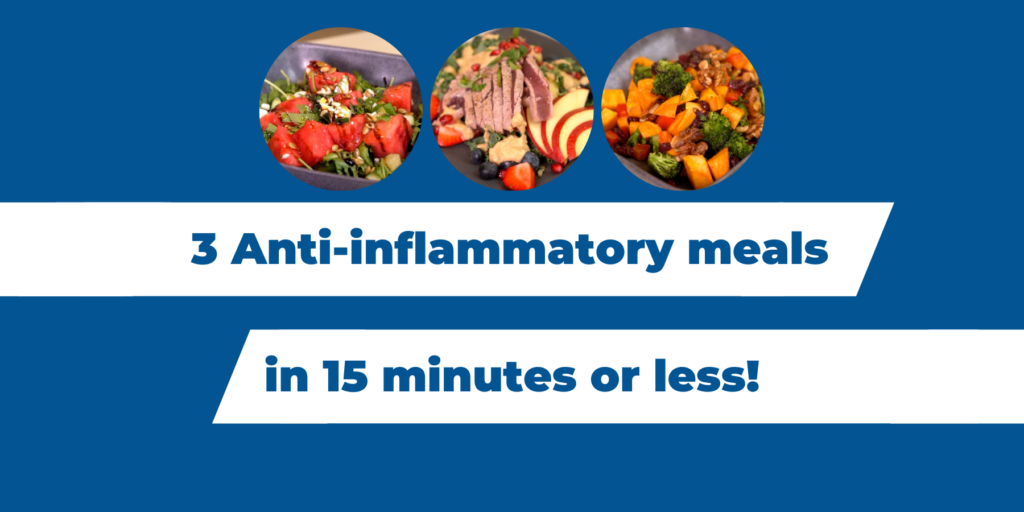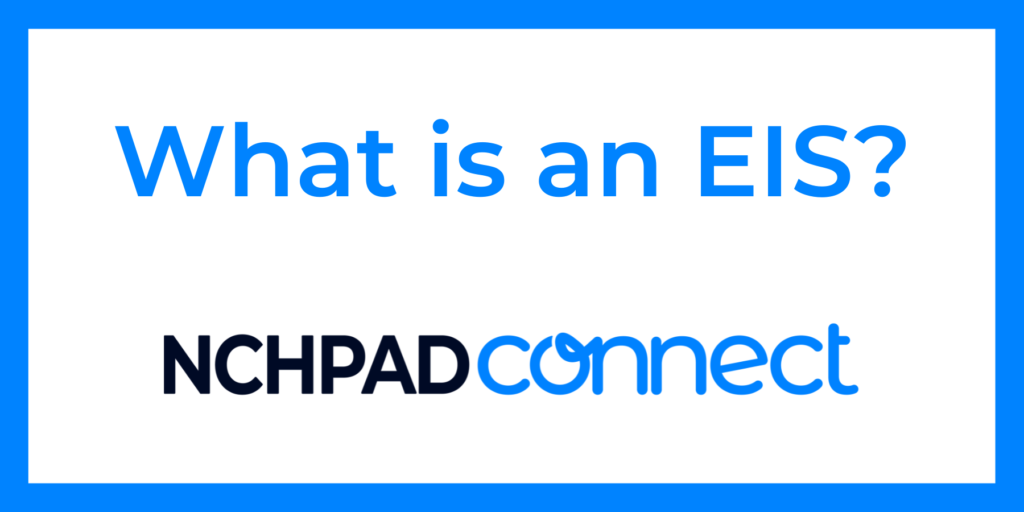By Emily Hornsby, NCHPAD Mindfulness Curriculum Coordinator
We have all heard of multitasking, but do you always like to multitask? Do you ever feel too busy? Trying to complete several different tasks at once can sometimes be overwhelming and even cause anxiety.
Multitasking is doing more than one task at the same time. We drive and talk on the phone, or we talk on the phone and clean the house, or we even type on our computers while talking on the phone or on a Zoom call.
Multitasking is necessary for many people, and multitasking is even considered an admirable trait! But is it always good?
Have you ever been frustrated, anxious or stressed out when you are multitasking? Do you ever move from one thing to the next without completing any of the tasks? Do you make more mistakes when you multitask? You aren’t alone.
Recent studies have shown that multitasking can be less effective and productive than previously thought. It can decrease the accuracy of certain tasks.
When we shift from one task without completing it to another, the brain needs time to focus on the new task. If we are constantly switching from one task to another without completing them, this can increase the amount of time it takes to complete the task. This often causes frustration, anxiety and stress.
And when we are frustrated, anxious or stressed, we are unable to do our best work or be our best selves.
Single-Tasking to Reduce Anxiety and Improve Productivity
Productivity experts suggest that the best way to accomplish something well is to direct all our attention, energy and time to completing one task before we move on to the next one. This is also known as “single-tasking.”
Harvard researchers recently tracked the activities and thoughts of several thousand volunteers, and they found something really interesting. Almost one-half of the time, our thoughts are not related to what we are currently doing; our minds are wandering. We are not present.
The researchers also found that we are happiest when we are present and focused on exactly what we are doing – whether having a conversation, moving down the street or doing the dishes. In other words, single-tasking.
So, what are some tools that will help us to be able to rest our attention on one task at a time and be happier? Mindfulness and Meditation.
Mindfulness is simply paying attention to the present moment without judgment.
You can practice mindfulness in your everyday life by resting your attention on whatever task it is that you are doing. This can be anything from cleaning the house, brushing your teeth, washing dishes or having a conversation with someone.
Being fully present with the experience that is going on right then and there without stressing about the future or over-thinking about the past is mindfulness.
Meditation is just a formal way of practicing mindfulness. In meditation, you direct the focus of your attention deliberately without judgment. Here are some helpful meditation tips if you’re just starting out:
- Focus on your breath and have that be your anchor.
- When thoughts, feelings and emotions come up – AND THEY WILL – simply notice them and even name them to yourself.
- Let your thoughts go like clouds in the sky or waves in the ocean and return to your breath.
Scientific studies have shown that mindfulness and meditation improve your attention, lower your anxiety and stress, and increase calm and focus.
This simple practice of mindfulness and meditation will help you be able to single-task. Try focusing your attention on one thing at a time to reduce your anxiety, frustration and stress.
Today, try completing one task before you begin another. Even if you can’t single-task all the time, pick some tasks in which you can rest your full attention on that task until you complete it. See how you feel!
Thank you and see you soon!
If you would like more information about the MENTOR program or Mindfulness and Meditation please contact the National Center for Health, Physical Activity and Disability at www.nchpadconnect.org or call 1-866-866-8896.




